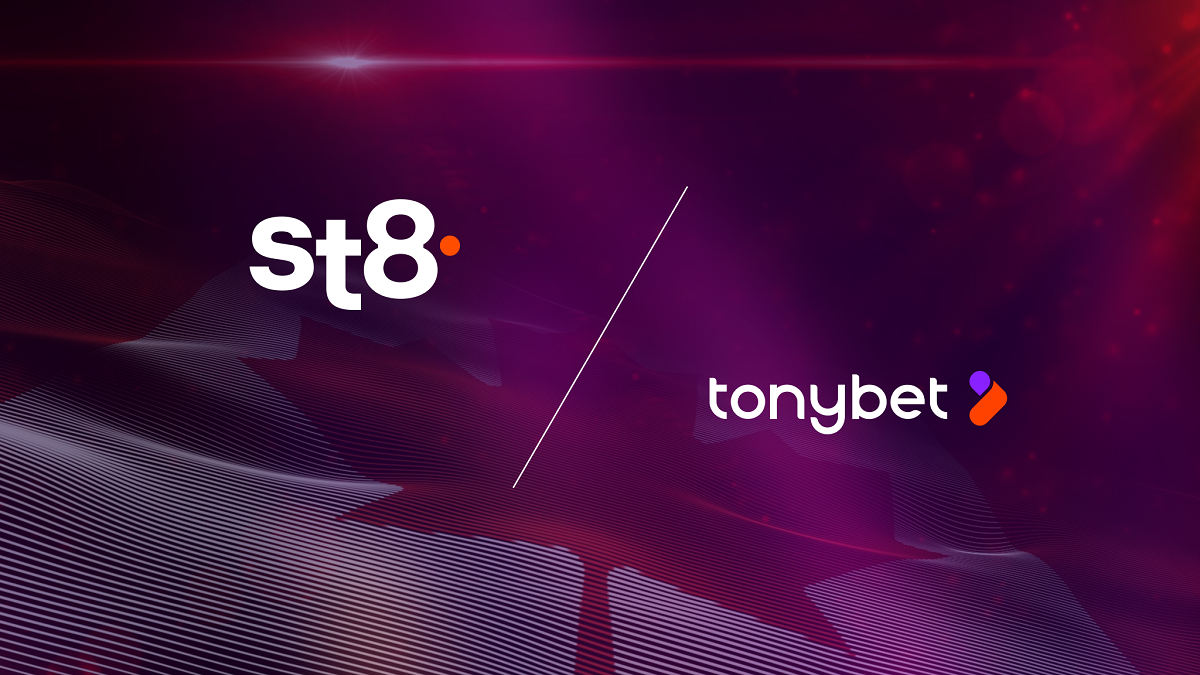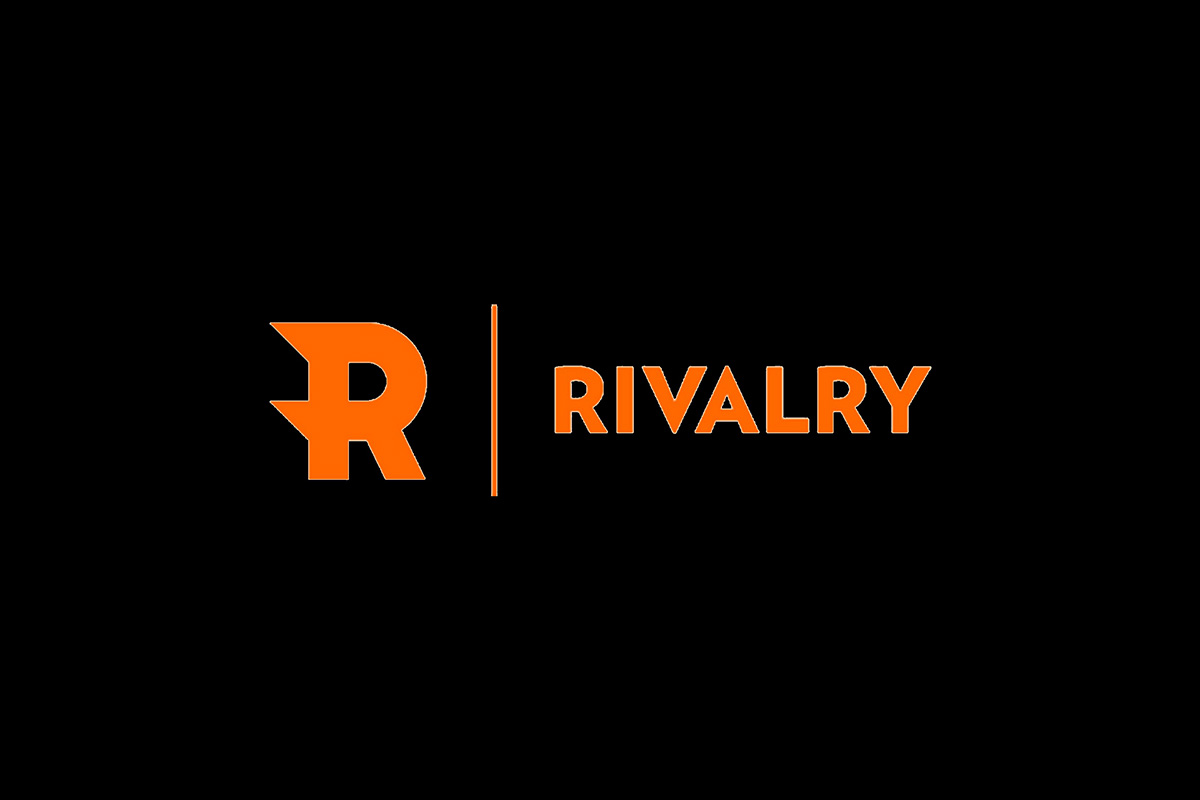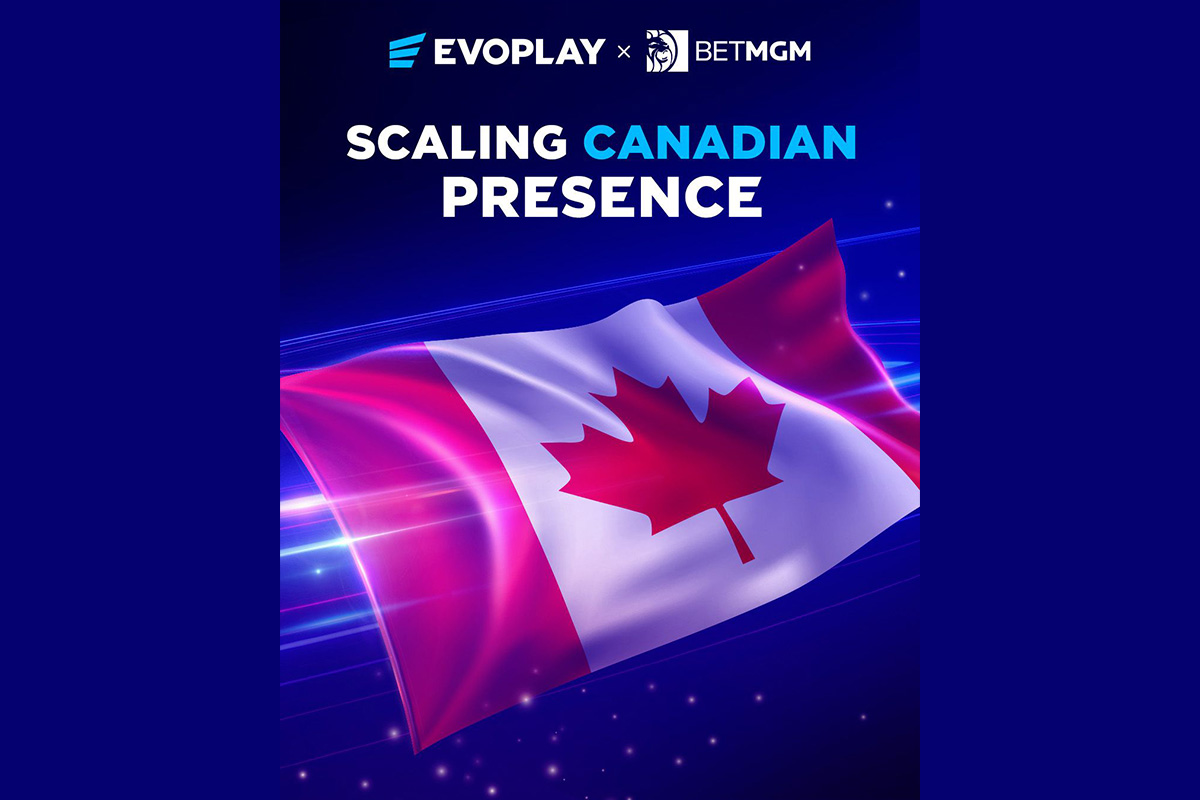Canada
Is Gaming Actually Bad for Students?

Is Gaming Actually Bad for Students?
Gaming has a bad reputation among non-gamers. However, why is it so? The history of gaming may be partly at fault here. As soon as video games entered our homes, they completely captivated children’s minds and attention. They grew obsessed with various games, which changed their lifestyles and habits. Such a change of heart disturbed parents and adults, forcing them to simply claim how games distract young people from studying, socializing, and healthy physical activity. Since then, gaming has been deemed a waste of time and not good for school or college kids, earning it a rather negative reputation.
However, decades and many, many games later, young people enjoy gaming more than ever. In fact, it is one of the fastest-growing and most profitable industries in the world, where students remain its biggest consumers. So, what does such a dynamic have to prove to us? Perhaps, there is something about gaming that non-gamers simply don’t understand. Is gaming such bad news for students? Or, perhaps, it can be beneficial, and young gamers actually know what they are doing. Let’s see how gaming can impact students’ lives and school performance.
Gaming as a stress reliever
Non-gamers always argue about how gaming can make young people more aggressive, stressed, or anxious. Saying that games are too violent or scary to play and make kids experience the negative consequences in real life. Well, the truth is quite different. It has been proven again and again that gaming doesn’t make people more aggressive or angry. In fact, video games help kids to relax. Indeed, gaming can be quite a stress reliever for young people.
After all, college can be very stressful and intense. Students feel pressured and worried. These negative emotions often get bottled up with no visible escape in real life. Gaming can help students release those bad emotions through playing. They get to experience a range of feelings that can be almost therapeutic in a way. Hence, a few hours of gaming a week can help young people cope with their emotions and improve their mental health.
Gaming for building skills
It may be surprising to learn, but gaming actually has a lot to teach young people. Truly, most computer games come with numerous lessons that college kids must learn to complete games and grow in their gaming craft. For example, one of such lessons can be problem-solving skills. In games, players have to deal with endless challenges to move on further in the plot. Thus, they also have to apply logic, analytical skills, critical thinking, and more. All those skills are essential not only in gaming but in academia.
So, gamers polish such valuable skills while playing to apply them in college later. These lessons help students approach their school challenges with confidence. Of course, computer games cannot teach young people all the lessons and skills they need for school. Fortunately, in such a case, they often turn to paper writing help on writepaperfor.me. There they can find professional solutions and assistance.
Still, games can be a great way for students to build and practice those skills. Plus, gaming also teaches young people determination. They barely have any choice but to learn and progress to move further in the game.
When gaming goes wrong
We can see that gaming, overall, can be rather beneficial to young minds. However, there are certain limits to such advantages. As we all know, everything is healthy in moderation. When gaming turns from a habit into an addiction, students start having problems. Gaming addiction is as serious as any other. Such obsession with digital worlds can affect one’s lifestyle, physical and mental health, and, of course, school performance.
Sure, not all students reach such a point in their love of gaming. However, those who do require help. It is hard to acknowledge and get over an addiction without external help and internal motivation. Here are some signs when gaming goes wrong:
- Constant thinking about gaming;
- feeling the need to play every day;
- prioritizing gaming, oversleeping, school, personal relationships, etc.;
- inability to quit;
- having no interest or desire to do other things than gaming;
- dropping in school performance.
These are some of the most obvious signs that you or someone you know needs help overcoming their gaming addiction. However, such a condition is rather an exception than a rule, and it often takes other factors, like mental health issues, to fall into the given addiction. Hence, it is worth going to the roots of the problem, seeing gaming as just one of the symptoms.
Bottom line
Gaming doesn’t have to be bad for students. It is all about how they approach it and how much time they dedicate to gaming each week. As long as gaming doesn’t interfere with their personal lives and studying, gaming can be a positive thing for their mental health and even school performance. Games can be a fun platform to build valuable skills and learn relatable life lessons.
Powered by WPeMatico
Canada
St8 launches in Ontario through partnership with Tonybet

Casino games aggregator and full-service technology provider, St8 has officially gone live in Ontario’s regulated market through a new partnership with international brand Tonybet.
Through the partnership, Tonybet gains access to St8’s casino games aggregation platform, offering a wide range of premium titles from leading providers through a single API, alongside bonusing and promotional tools, compliance and licensing solutions, advanced reporting and data capabilities.
Built as a single scalable platform, St8’s products are designed to help operators launch and grow across regulated markets with fast, flexible technology solutions while maintaining full compliance.
The agreement marks a further step in St8’s global growth strategy as the company continues to expand its presence across regulated jurisdictions.
Vladimir Negine, CEO at St8, said: “Going live in Ontario is an important milestone for St8 and reflects our continued commitment to growth in regulated markets. Since receiving our Ontario licence, we have focused on building strong local partnerships and delivering a platform that combines scalability, speed and compliance.
“As a respected international brand, Tonybet shares our commitment to building reliable solutions for regulated markets, and we look forward to working closely together as we continue to expand our presence in regulated jurisdictions worldwide.”
Kiryl Liudvikevich, Head of Product at Tonybet, added: “As we expand our presence in Ontario, it is important for us to work with technology partners that support continued growth while meeting the highest regulatory standards.
“St8’s platform gives us the flexibility to integrate a wide range of content and tools through a single connection, helping us scale smoothly while maintaining a strong focus on player experience.”
St8 continues to lead the way as a partner of choice for regulated markets. In addition to its Ontario licence, the company holds licences in key regulated jurisdictions like the United Kingdom, Sweden and Romania, among others.
The post St8 launches in Ontario through partnership with Tonybet appeared first on Americas iGaming & Sports Betting News.
Canada
Rivalry Corp. Announces Significant Reduction in Operations and Evaluation of Strategic Alternatives

Rivalry Corp. announced that its Board of Directors has approved a significant reduction in operating activity as the Company evaluates strategic alternatives in respect of its assets and operations.
The Company is engaged in discussions with third parties regarding potential transactions. However, in light of recent performance volatility, the Board has determined to materially reduce the scale of operations while assessing whether a strategic transaction or other alternative can be advanced.
Effective immediately, the Company is implementing substantial cost reductions, including a significant workforce reduction and reduced operating expenditures. The Company has paused player activity on its platform and is facilitating player withdrawals in the ordinary course.
The Company is assessing a range of potential alternatives, which may include asset-level transactions, corporate transactions, restructuring initiatives or other strategic outcomes.
Given the Company’s reduced operating scale and the ongoing evaluation process, there can be no assurance that any strategic alternative will be completed or that operations will continue in their current form.
The post Rivalry Corp. Announces Significant Reduction in Operations and Evaluation of Strategic Alternatives appeared first on Americas iGaming & Sports Betting News.
Alex Malchenko
Evoplay Strengthens Canadian Presence with BetMGM Partnership

Evoplay is celebrating another milestone in its regulated-market journey with a new launch in Ontario, teaming up with BetMGM to bring its games to one of Canada’s most dynamic and competitive jurisdictions.
The rollout introduces 18 Evoplay titles to BetMGM Casino in Ontario, carefully selected to deliver long-term engagement and appeal to a wide range of player preferences. The first wave includes proven performers such as:
• Hot Triple Sevens
• Hot Volcano
• Gold of Sirens Bonus Buy
• Inner Fire Bonus Buy.
These are games that have already demonstrated strong results across multiple regulated markets.
This launch marks another confident step in Evoplay’s Canadian expansion, reinforcing the company’s commitment to aligning its content with local market requirements, player expectations, and regulatory standards.
Alex Malchenko, Head of Sales at Evoplay, said: Ontario continues to set a high standard for regulated online casinos, making it a market where the right partnerships truly matter. Collaborating with BetMGM allows us to expand our reach with a portfolio that has already performed strongly across multiple areas and territories.
Oliver Bartlett, VP of Gaming at BetMGM, said: “Partnering with Evoplay adds a strong selection of proven, high-performing titles to our growing portfolio in Ontario.”
The post Evoplay Strengthens Canadian Presence with BetMGM Partnership appeared first on Americas iGaming & Sports Betting News.
-

 ACMA7 days ago
ACMA7 days agoACMA Blocks More Illegal Online Gambling Websites
-

 CEO of GGBET UA Serhii Mishchenko6 days ago
CEO of GGBET UA Serhii Mishchenko6 days agoGGBET UA kicks off the “Keep it GG” promotional campaign
-

 Aurimas Šilys7 days ago
Aurimas Šilys7 days agoREEVO Partners with Betsson Lithuania
-

 Latest News5 days ago
Latest News5 days agoTRUEiGTECH Unveils Enterprise-Grade Prediction Market Platform for Operators
-

 Central Europe7 days ago
Central Europe7 days agoNOVOMATIC Once Again Recognised as an “Austrian Leading Company”
-

 Canada6 days ago
Canada6 days agoRivalry Corp. Announces Significant Reduction in Operations and Evaluation of Strategic Alternatives
-

 Acquisitions/Merger6 days ago
Acquisitions/Merger6 days agoBoonuspart Acquires Kasiino-boonus to Strengthen its Position in the Estonian iGaming Market
-

 Firecracker Frenzy™ Money Toad™6 days ago
Firecracker Frenzy™ Money Toad™6 days agoAncient fortune explodes to life in Greentube’s Firecracker Frenzy™: Money Toad™



















